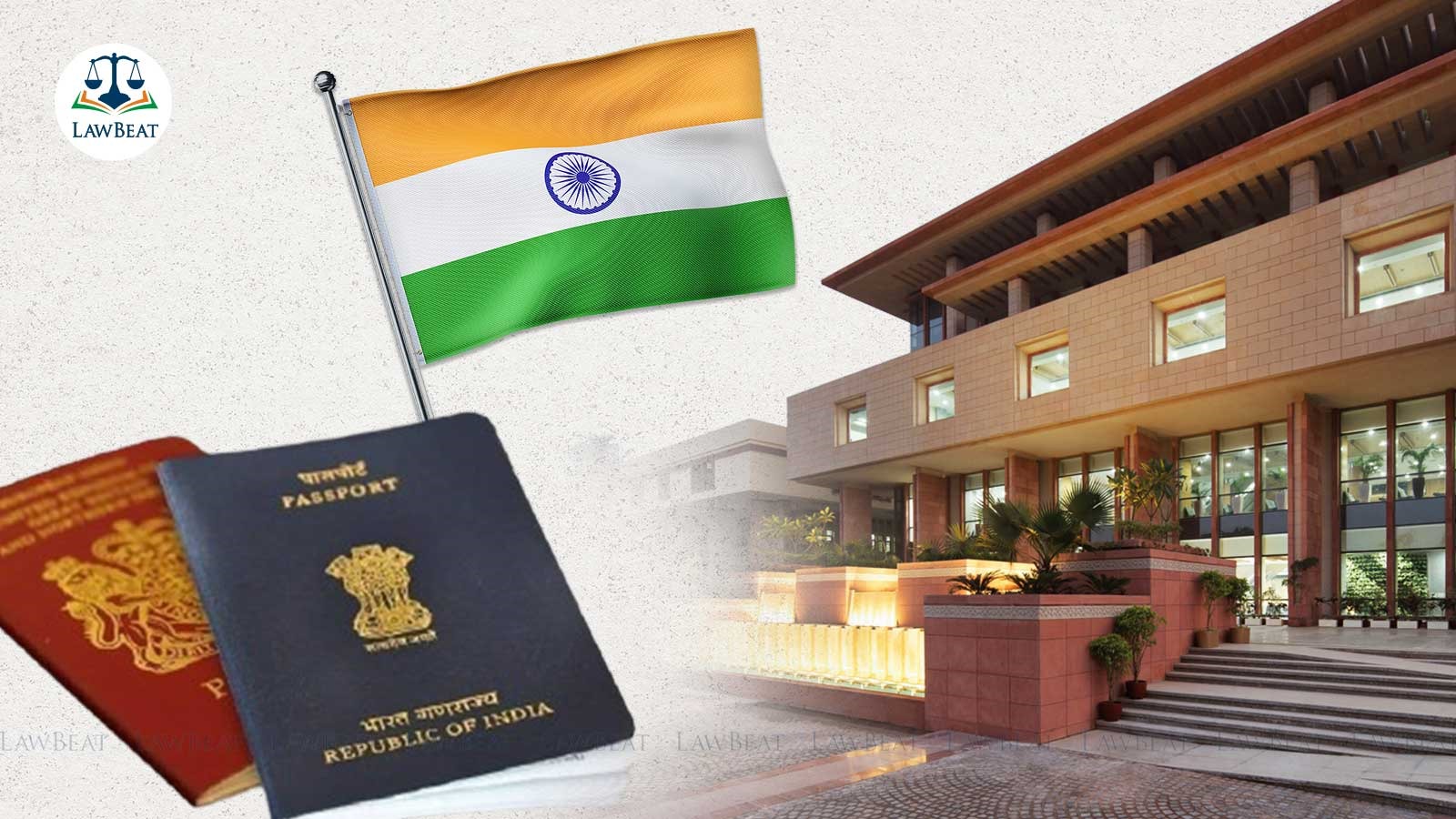‘Matter Of National Security’: Delhi HC Rejects Plea Seeking Dual Citizenship For Indian Diasporas

The petition stated that, without dual citizenship, numerous diaspora members hesitate to invest or participate in entrepreneurial activities in India due to uncertainties regarding their legal status and rights. By granting dual citizenship rights, India can utilize the expertise and capital of its diaspora to foster innovation, generate employment opportunities, and enhance economic development.
The Delhi High Court, on Wednesday, rejected a petition seeking dual citizenship for Indian Diasporas, who currently hold citizenship in another foreign country. The court rejected this plea on grounds that such is a matter of national security and therefore, must be dealt with by the Parliament.
The bench of Acting Chief Justice Manmohan and Justice Tushar Rao Gedela held, ‘We cannot instruct them to make a decision on this matter. They must consider national security and the wide implications’.
The PIL, filed by the organization Pravasi Legal Cell through Advocate Robin Raju, argued that under existing Indian law, an individual's Indian citizenship is automatically forfeited upon acquiring a foreign passport. The petitioner stated that the Union External Affairs Minister recently remarked that dual citizenship remains an ongoing debate.
The plea asserted that granting dual citizenship would lead to significant contributions from the Indian diaspora in areas such as investment, trade, tourism, philanthropy, education, and the arts in India. It was further argued that the denial of dual citizenship rights to a significant number of Indians settled abroad hinders the fulfillment of cultural rights guaranteed under Article 30 of the Constitution of India.
Additionally, the organization contended that granting dual citizenship would empower the Indian diaspora to contribute more meaningfully to Indian society and foster a stronger sense of belonging and engagement with their cultural identity.
In August of the previous year, the petitioner organization had submitted a representation to the authorities seeking similar relief. The plea alternatively requested a direction for the authorities to consider the said representation.
The bench stated that its authority is limited by Article 9 of the Constitution of India, which addresses individuals voluntarily acquiring foreign citizenship, and Section 9 of the Citizenship Act, which pertains to the termination of citizenship.
The bench emphasized that there is essentially a prohibition in place. ‘It is not for us to decide. It is a matter of policy and therefore should be discussed by the parliament. If parliament wants to make such a rule, they have the power to do so’, the court remarked.
Accordingly, the petition was withdrawn.
Case Title: Pravasi Legal Cell v. Union of India & Anr.
